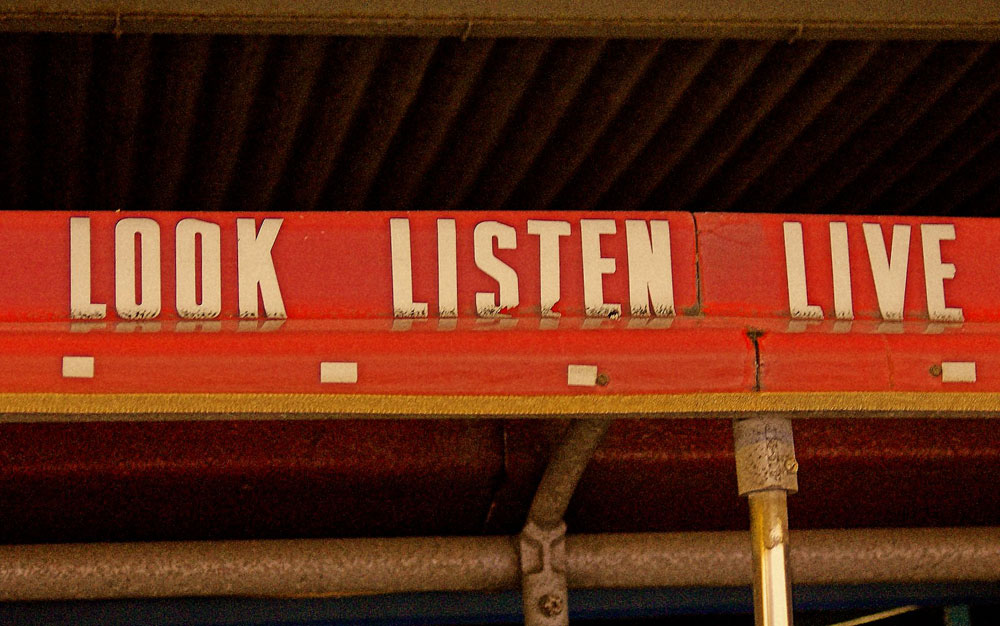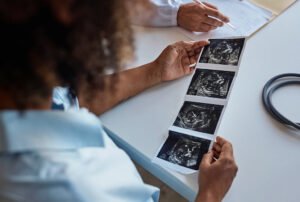
On Sunday evening, deaths from the 2019 novel coronavirus in the US crossed the half-million mark. As Julie Bosman writes for the New York Times, “More Americans have perished from COVID-19 than on the battlefields of World War I, World War II and the Vietnam War combined.” All told, one in every 670 Americans has died from the virus. That’s the average; in some communities, the toll is much higher. In New York City, one in 295 New Yorkers has died from COVID-19; in rural Lamb County in Texas, one in 163 has. About 81 percent of those who have died from COVID-19 were over the age of 65. Nearly one-third of those whose lives were lost—more than 163,000 people—had been living in nursing homes, a systemic failure in the US system of care that NPQ documented last spring.
From time to time, NPQ has taken stock of the pandemic and the losses among nonprofit and civic leaders in particular. We did so when US deaths climbed to 100,000 around Memorial Day, when they surpassed 250,000 in November, and when they climbed above 400,000 in January, days before Joe Biden’s inauguration. This time, we have some broader reflections.
It is worth remembering that so much of this loss was preventable; the warnings were there for those who paid attention. Back in May, when the pandemic was still young, an NPQ article cited a brief article written all the way back in 2010 by two professors at the University of Michigan, Alexandra Minna Stern and Howard Markel, and a division head at the Centers for Disease Control and Prevention (CDC), Martin Cetron. The three authors, a year after the 2009 H1N1 pandemic scare, decided to take a hard look at lessons from the 1918 flu pandemic. They noted:
Pandemics demand a multidisciplinary response and call on all of society to engage and participate. There are clear roles for both private citizens and uniformed personnel; for households, communities, work forces, volunteer organizations, and professional organizations; and for traditional governance structures at the local, state, and federal levels.
The point they made lifts up the need for mass mobilization and solidarity. It is evident that the US response to the COVID-19 pandemic has fallen short in both areas.
Sign up for our free newsletters
Subscribe to NPQ's newsletters to have our top stories delivered directly to your inbox.
By signing up, you agree to our privacy policy and terms of use, and to receive messages from NPQ and our partners.
In NPQ, in the middle of last March, after the initial shutdowns in the US, the following question was posed: “Will the coronavirus pandemic of 2020 come to be seen as a momentary interruption, or will it compel us to rethink how we organize our society and economy?” The question is still pertinent today. We know that, once the pandemic passes, the temptation will be to try to go back to life as it was before. But we would do well not to go back to “normal” too quickly.
- Normal, we may recall, includes a system of structural racism that has led Black people, Indigenous people, and other people of color to suffer disproportionately from the pandemic. CDC data show that for the first six months of 2020, life expectancy fell 2.7 years for Black Americans, 1.9 years for Latinx Americans, and 0.8 years for white Americans.
- Normal, we might also remember, holds a mounting climate emergency that has led to extreme weather of multiple kinds—including, in the past 14 months alone, record fires in Australia and the Pacific Coast, a record Atlantic Ocean hurricane season, and the recent freeze in Texas.
- Normal also involves growing, record-setting levels of economic inequality. Before the pandemic, the country was on a path where the median wealth of the average Black family was set to fall below zero by 2053, with Latinx families expected to reach the same benchmark by 2073. It’s fair to say the nation’s so-called K-shaped recovery (recovery for the wealthy, misery for many) has done nothing to alter these trends other than to worsen them.
Drew Gilpin Faust, a former Harvard University president and a historian who wrote about how Americans grappled with death after the US Civil War, tells Bosman, “When there were field hospitals in Central Park, and bodies piled up because there was no capacity to bury them, we were just so shocked at ourselves and had not thought this would ever happen to us.… That sense of mastery over nature has been so seriously challenged by this pandemic.”
In this pandemic, so many have lost so much. But losing the “sense of mastery over nature” to which Faust refers may also conceal a silver lining. Maybe, in shaking free from our bonds of normalcy, we can imagine new ways forward.
In short, it is still possible to learn something new and disrupt the normal patterns. Maybe we can gain a new appreciation for mutuality, for solidarity, for a true “cult of democracy” as NPQ’s Cyndi Suarez puts it, for stewardship of nature, and for a culture of belonging—and a politics and an economy based on the willingness to devise policies and institutions that support those values, beliefs, and culture. Indeed, the cooperative values of self-help, self-responsibility, democracy, equality, equity, and solidarity have rarely seemed more important.
Getting there remains a tall order, and it would require considerable effort to achieve. But I can think of few better ways to honor the hundreds of thousands we have lost than to organize, act, and endeavor to take on the challenge to do so.—Steve Dubb













